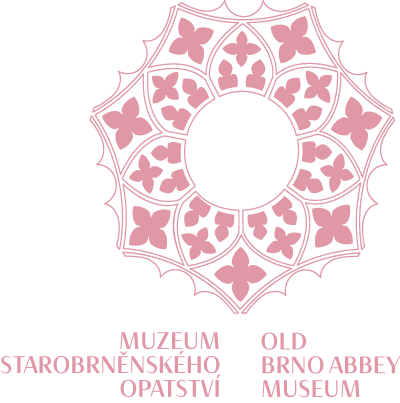Rinaldo prevents Armida from committing suicide
Jan de Herdt (c. 1620 – c. 1684) | 1667 | oil on canvas, 156 × 156 cm
At early 1680s, Torquato Tasso’s epic poem, La Gerusalemme liberata (Liberated Jerusalem), was first published. The work, inspired by the First Crusade and the conquest of Jerusalem in 1099, was very popular. Tasso’s chivalric epic is to some extent a contemporary moral, and as working with themes of personal responsibility, duty, temptation and love, it also found an ideal in the visual arts. The love themes of the work were particularly popular among artists and commissioners.
The four scenes from the Liberation of Jerusalem in the collections of the Augustinian monastery in Brno were painted in 1667 by Jan de Herdt, a vagrant or itinerant painter from Flanders. He received his basic artistic education in Antwerp, where he subsequently became a guild master in 1647. After several years in northern Italy, he moved to Vienna in 1662 to join his brother, a goldsmith at the court of Ferdinand III. From there he also went to Moravia. In his work he combined the artistic ideas of Dutch artists, especially Rubens, with Italian influences, picked up during his time in southern Europe.
The four canvases on display were probably created in Vienna, but their commissioner is unknown. The works did not reach the Augustinian monastery in Brno until the 1880s, from the imperial collections. The canvases depict scenes from the stories of the Christian knights Tancred and Rinaldo.
The scene depicts a desperate Armida about to end her life by her own hand in a remote valley. She has fled the Christian army’s conquest of Jerusalem , in which the defenders of the city she had supported have lost. Armida’s escape is noticed by Rimaldo, who prevents her from committing the horrific act. The painting was based on verses from Tasso’s work:
And his strong arm, weak and feeble hand
She would have thrust away, loosed and untwined:
oft strove she, but in vain, to break that band,
For he the hold he got not yet resigned,
Herself fast bound in those dear knots she found,
Dear, though she feigned scorn, strove and repined:
At last she speaks, she weeps, complains and cries;
Yet durst not, did not, would not see his eyes.
“Cruel at thy departure, at return
As cruel, say, what chance thee hither guideth,
Would’st thou prevent her death whose heart forlorn
For thee, for thee death’s strokes each hour divideth?
Com’st thou to save my life? alas what scorn,
What torment for Armida poor abideth?
No, no, thy crafts and sleights I well descry,
But she can little do that cannot die.”

